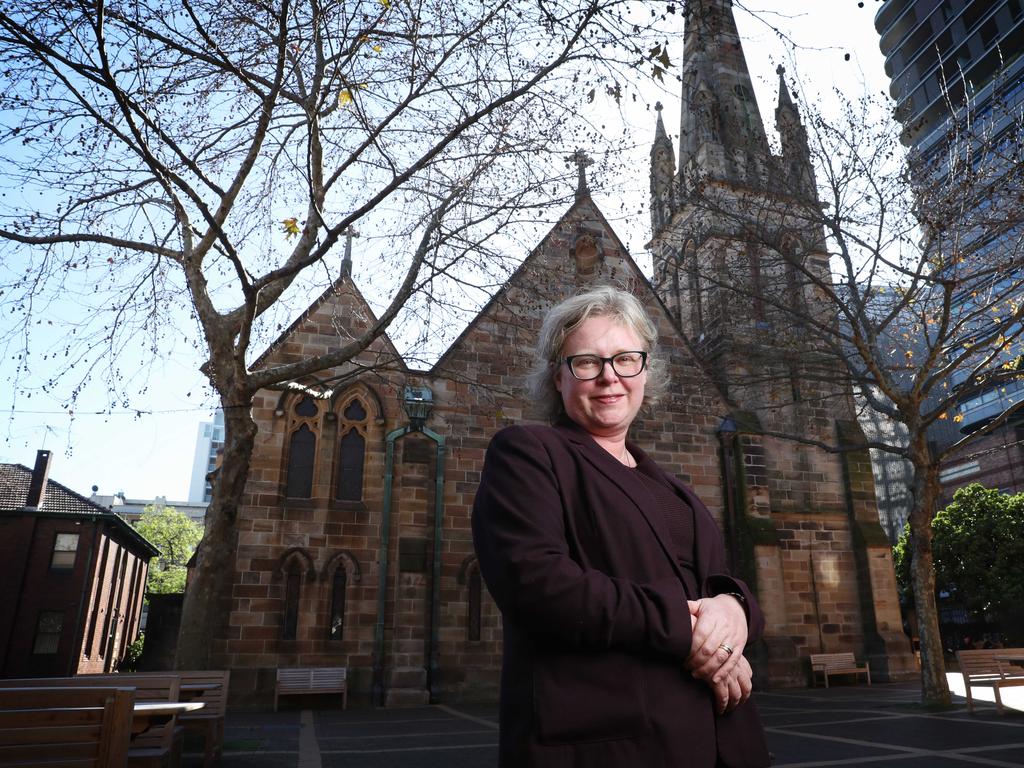Could you – and should you – go a year without sex?
Celibacy is having a moment – or at least it’s having a moment online. In the dating apps era when the taunting promise of romance is ever present, what’s it like to turn away?

Celibacy is having a moment – or at least it’s having a moment online. “Boy sober” became a buzzword in 2024, with celebrities including Khloe Kardashian and Julia Fox declaring they were choosing to be alone. There are more than 35 million TikToks of users explaining why they are taking time off dating. But Melissa Febos went celibate before it was the latest hashtag.
Nine years ago, American author and creative writing professor Melissa Febos had a eureka moment while plotting how to leave a lover’s house after a disappointing hook-up.
She had always been either in a relationship or hopping from one partner to the next, and often cheating on them. Since the age of 15, she had basically never been alone: there was always “a cohort of flirtations”, usually with women but sometimes with men. The award-winning author of Girlhood came out of a two-year toxic relationship she describes as a “maelstrom” and went straight into another five entanglements.
It was obviously time for a change.
At first, she stuck to a modest resolution: “I decided to spend three months celibate.” The idea that this could even be a challenge is insulting to her perpetually single friend Jenny.
“F..k you,” she tells Febos. But validation from lovers was a drug for Febos, who has a history of addiction. As a child she was obsessed with food, then in her early 20s that became heroin and romantic intrigue. While studying in New York, she worked as a dominatrix. For her, three months off sex really was a commitment.
In the first four weeks, she didn’t flirt with anyone and ecstatically – almost manically – reaped the rewards. “I’d met every freelance deadline on my docket, caught up by phone with everyone I loved, cut off half of my hair, bought six pairs of shoes, donated three garbage bags of clothes, organised my whole apartment, and run 45 miles,” she lists. She noticed how much social conversation revolves around dating and relationships, as well as television and film. She concluded that she could watch only Vera.
Temptation arose, such as her beautiful friend Ray, who made her feel “struck by a spell of vertigo”, and a former fling who at a conference begged her to come to her hotel room with the promise “I just want to make you feel good”, but she resisted. After three months, a psychotherapist friend told her she should extend her celibacy: “If it’s not hard, you’re not doing it.” In the end, she persevered with her dry spell for a year, finding fulfilment in her work – indulging her inner “art monster”.
Febos is far from the first woman to have pledged celibacy, and she structures her memoir around stories of those who came before her. Hildegard von Bingen, the German 12th-century scholar and abbess, the Beguines (13th-16th century Christian laywomen in the Low Countries who promised not to marry), the 18th-century Shaking Quakers led by Mother Jane Wardley in Manchester, then America, and the feminist separatists in the 1960s and ’70s who advised celibacy or lesbianism: all make an appearance. These history injections are a welcome addition to a memoir that could have been navel-gazing.
Less welcome, though, are the metaphors. “Body half moth, half flame, gleefully burning. I had flung myself against other bodies like a mystic in rapture, wet at both ends, face bright with tears. I had nursed the softest parts of women, made a sacrament of them no less holy than the blood and the body of any other saviour” is one particularly painful example, turning an otherwise interesting, often witty work into a tiring ramble.
Although it’s an apt time for this book, Febos doesn’t place her experience within the prevailing celibacy trend, which is a shame. She could have widened it out and spoken to other women who have sworn off sex for different reasons, including politics or health issues. American women turning to celibacy, for instance, often state reduced access to abortion as a reason.
At times, The Dry Season becomes too theoretical: Febos leans too heavily on passages about “Heideggerian ecstasy” and the sublime instead of unpacking juicy details like the fact that she got away with illegally dropping out of school at 15 or had a spinal tap at 16.
Febos is a career memoirist so she has covered her earlier life (her father’s addiction issues, the sea captain who brought her up, her stint as a dominatrix and more) before. But for the uninitiated, a few questions are left hanging.
However, in the dating apps era when the taunting promise of romance is ever present, it’s always refreshing to read about someone who turns away. The addiction, Febos realises, is not to sex but to validation – so she lets herself masturbate. She also gives an insight into how the male gaze still affects her even though she mainly dates women; a former heels person, she finally starts wearing trainers, not caring if people don’t find her hot. The ending is a little neat – 12 months almost to the day after she stops dating, she meets her perfect person and is now happily married. It’s not fiction, so we have to forgive her … although I wonder what her friend Jenny said.





To join the conversation, please log in. Don't have an account? Register
Join the conversation, you are commenting as Logout